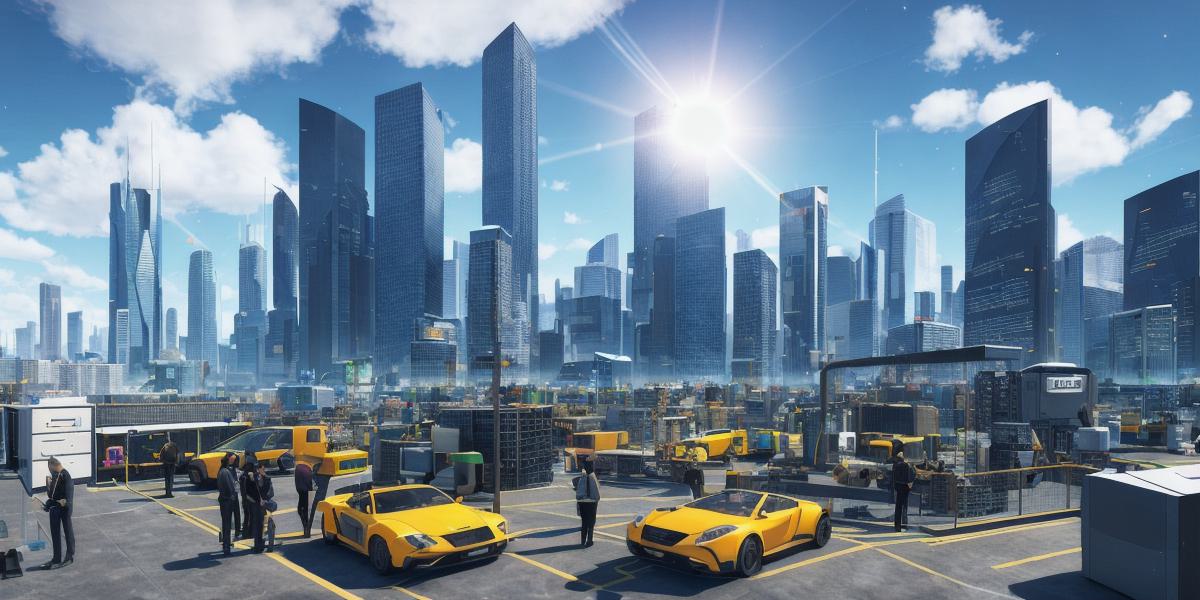The metaverse is a virtual world where people interact through avatars in a shared, immersive environment. It has the potential to revolutionize various industries, including gaming, education, and healthcare. But what impact could it have on developing economies? In this article, we’ll explore the potential benefits and challenges of the metaverse for these regions.
One of the main advantages of the metaverse is that it can provide access to technology and resources that may be difficult or expensive to obtain in physical form. For example, a farmer in a developing country may not have access to modern agricultural equipment, but with the metaverse, they could simulate using this equipment virtually and potentially gain the skills needed to use it in real life. This could lead to increased productivity and efficiency, which in turn could boost economic growth.

Another potential benefit of the metaverse is that it could provide new job opportunities. With the rise of virtual reality and augmented reality technologies, there are already a growing number of jobs available in the metaverse, such as game developers, virtual event planners, and content creators. These jobs could be particularly valuable in developing economies where there may be a shortage of skilled labor.
However, there are also challenges associated with the metaverse that could impact developing economies. One of the main concerns is that the metaverse could widen the digital divide between those who have access to these technologies and those who do not. This could exacerbate existing inequalities and make it harder for people in developing countries to participate in this new economy.
Another potential challenge is that the metaverse may not always be a positive force for economic growth. For example, some virtual goods and services may be sold at a lower price than their physical counterparts, which could lead to a loss of revenue for local businesses. Additionally, there may be concerns around intellectual property rights in the virtual world, which could impact the ability of local entrepreneurs to monetize their creations.
Despite these challenges, many experts believe that the metaverse has significant potential to benefit developing economies. As such, it’s important for policymakers and industry leaders to consider both the opportunities and risks associated with this technology when developing strategies for economic growth.
In conclusion, the metaverse has the potential to revolutionize various industries and provide new job opportunities in developing economies. However, it’s important to be aware of the potential challenges that could impact these regions and take steps to mitigate them. By working together, we can harness the power of the metaverse to create a more inclusive and prosperous future for all.




